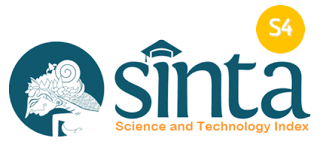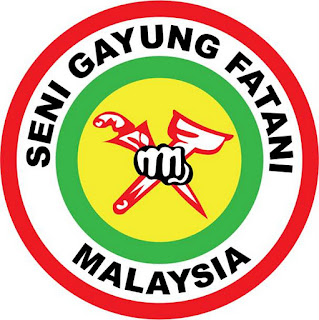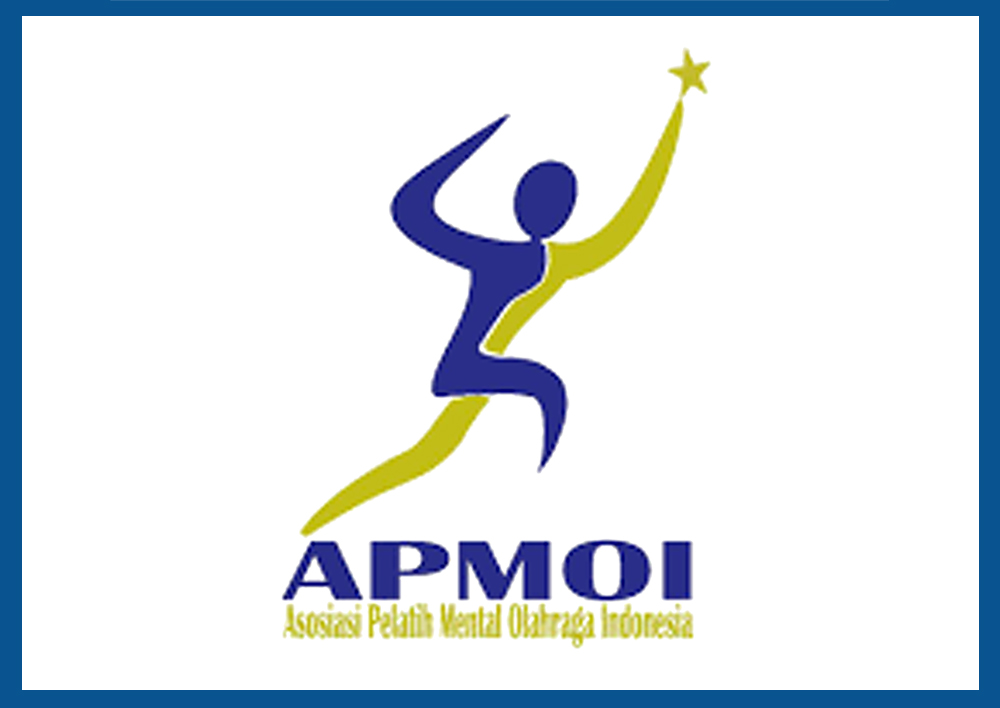A study of universal values of sports in high schools based on ethnicity
Abstract
Problems: Sports in high school are not just physical exercise; they also teach values that will shape students' behavior and personalities in the future. Sports shape one's character and ethics significantly through teaching universal values such as discipline, sportsmanship, honesty, and teamwork. Due to its diverse ethnic population, Indonesia faces its own difficulties in incorporating the universal values of sports into its education system. Purpose: Therefore, it is important to conduct research on the universal values of sports at the high school level from an ethnic perspective to understand the socio-cultural dynamics that occur in Indonesia. Methods: The research instrument used was a questionnaire. The study involved 261 high school student respondents, consisting of 97 Lampung ethnicities and 164 non-Lampung ethnicities, aged between 14 and 18 years. The instrument was to measure the universal values of sport, which consisted of six assessed components. Results: Analysis of the Mann-Whitney u test showed that the sig (2-tailed) value of 0.325 was greater than 0.05, indicating that there was no significant difference in the distribution of universal sports values between the two ethnic groups Lampung and Non-Lampung. Conclusion: Following up on the findings of this study, diverse cultural perspectives are essential for educational programs and approaches objectives, methods, and research results.
Downloads
References
Banks, J. A. (2015). Cultural diversity and education: Foundations, curriculum, and teaching. Routledge.
Banks, J. A., & Banks, C. A. M. (2019). Multicultural education: Issues and perspectives. John Wiley & Sons.
Berry, J. W., Poortinga, Y. H., Breugelmans, S. M., Chasiotis, A., & Sam, D. L. (2011). Cross-Cultural Psychology: Research and Applications. Cambridge University Press. https://books.google.co.id/books?id=Gbl5rNiORWUC
Blanchard, K. (1995). The anthropology of sport: An introduction. Bloomsbury Publishing USA.
Coakley, J. J. (2021). Sports in Society: Issues and Controversies. McGraw-Hill Education. https://books.google.co.id/books?id=JM9SzQEACAAJ
Dagkas, S. (2018). “Is social inclusion through PE, Sport and PA still a rhetoric?” Evaluating the relationship between physical education, sport and social inclusion. Educational Review, 70(1), 67–74.
Dagkas, S., & Benn, T. (2006). Young Muslim women’s experiences of Islam and physical education in Greece and Britain: a comparative study. Sport, Education and Society, 11(1), 21–38.
Erikson, E. H. (1968). Identity youth and crisis (Issue 7). WW Norton & company.
Gould, D., & Carson, S. (2008). Life skills development through sport: Current status and future directions. International Review of Sport and Exercise Psychology, 1(1), 58–78.
Gumilar, A. (2024). The Influence of Learning Problems on the Implementation of Students’ Physical Education Values. International Sport Edelweiss Journal, 1(01), 1–9.
Hartmann, D., & Kwauk, C. (2011). Sport and development: An overview, critique, and reconstruction. Journal of Sport and Social Issues, 35(3), 284–305.
Harvey, S., Kirk, D., & O’Donovan, T. M. (2014). Sport education as a pedagogical application for ethical development in physical education and youth sport. Sport, Education and Society, 19(1), 41–62.
Hastie, P. A., & Wallhead, T. (2016). Models-based practice in physical education: The case for sport education. Journal of Teaching in Physical Education, 35(4), 390–399.
Jeanes, R., Spaaij, R., Penney, D., & O’Connor, J. (2019). Managing informal sport participation: tensions and opportunities. International Journal of Sport Policy and Politics, 11(1), 79–95.
Juhrodin. (2023). MODEL PELATIHAN BOLA VOLI BERBASIS NILAI-NILAI UNIVERSAL OLAHRAGA DALAM RANGKA POSITIVE YOUTH DEVELOPMENT. Repository.Upi.Edu.
Ma’mun, A. (2019). Governmental roles in Indonesian sport policy: From past to present. The International Journal of the History of Sport, 36(4–5), 388–406.
Maksum, A. (2009). Konstruksi nilai melalui pendidikan olahraga. Jurnal Cakrawala Pendidikan, 1(1).
Marheni, E., Donie, M., Laksana, G. S., Apriani, L., Ardiansyah, E. P., Jermaina, N., & Cahyani, F. I. (2022). Exploration of Structural Life Skill Program on Physical Activity. Int. J. Hum. Mov. Sport. Sci, 10(6), 1197–1203.
Marshall, J., & Hardman, K. (2000). The state and status of physical education in schools in international context. European Physical Education Review, 6(3), 203–229.
Pennington, C. G. (2017). Moral development and sportsmanship in physical education and sport. Journal of Physical Education, Recreation & Dance, 88(9), 36–42.
Suryadinata, L., Arifin, E. N., & Ananta, A. (2003). Indonesia’s population: Ethnicity and religion in a changing political landscape (Issue 1). Institute of Southeast Asian Studies.
Syed, M., Santos, C., Yoo, H. C., & Juang, L. P. (2018). Invisibility of racial/ethnic minorities in developmental science: Implications for research and institutional practices. American Psychologist, 73(6), 812.
Whitley, M. A., Coble, C., & Jewell, G. S. (2016). Evaluation of a sport-based youth development programme for refugees. Leisure/Loisir, 40(2), 175–199.
Winarno, H. M. E. (2012). PENGEMBANGAN KARAKTER BANGSA MELALUI PENDIDIKAN JASMANI & OLAHRAGA. Pidato Penukuhan Guru Besar Universitas Negeri Malang. Malang: Universitas.
Copyright (c) 2024 Jurnal Patriot

This work is licensed under a Creative Commons Attribution-ShareAlike 4.0 International License.



_(700_x_400_mm)_(3)_.png)


_(700_x_400_mm)_1.png)



